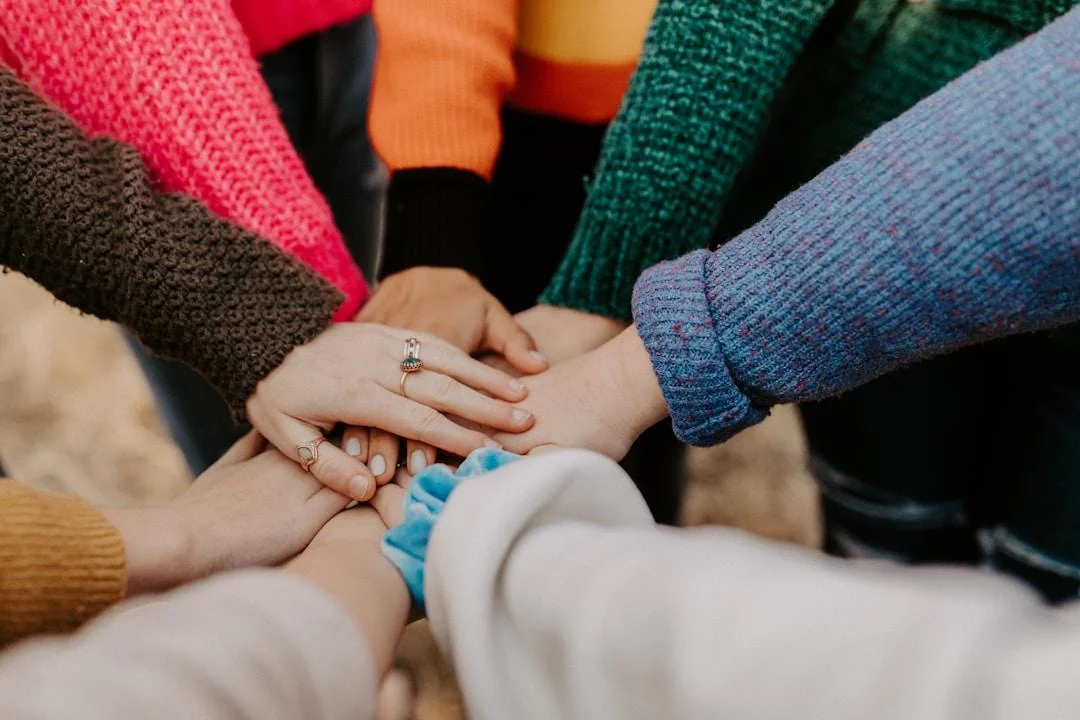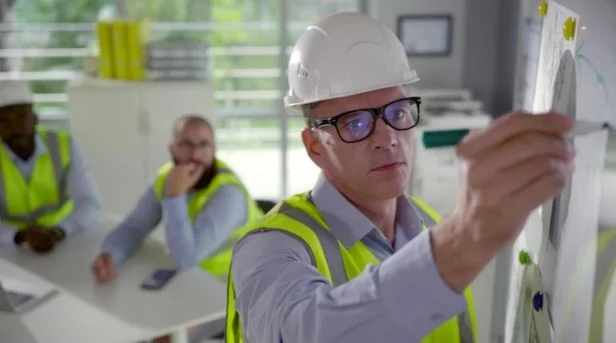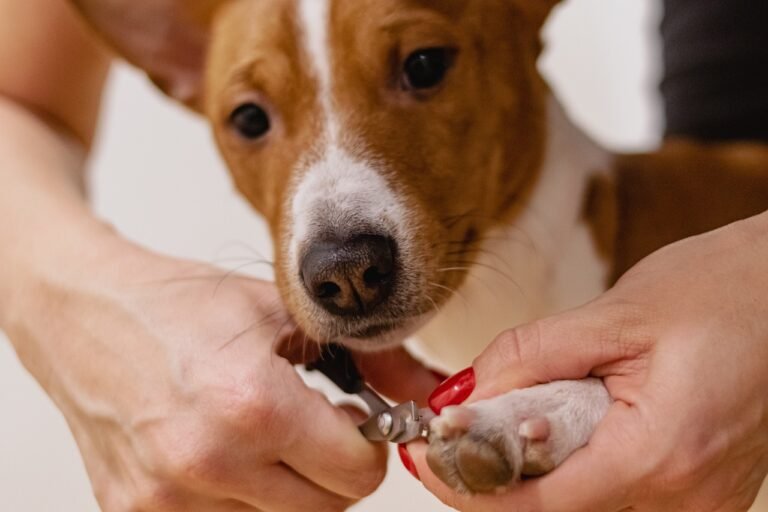Empowerment Through Treatment: The True Power of Drug Rehabilitation
The journey from addiction to recovery is as much about empowerment as it is about healing. Drug rehabilitation serves as the bridge between the depths of addiction and the newfound freedom of sobriety. By exploring various rehabilitation strategies, those in the throes of substance abuse can find pathways to reclaim their lives and restore their health. Keep reading to discover how comprehensive treatment fosters the true power of inner strength and lasting change.
Empowerment Through Treatment: Understanding the Role of Drug Rehabilitation
Drug rehabilitation is a multifaceted process designed to address not only the physical dependencies of addiction but also the psychological and social factors that contribute to substance abuse. Programs that are structured to cater to individual needs can provide the greatest chance of success. Effective treatment plans will often include a combination of therapy, medical support, and holistic care. This robust approach ensures that individuals have the opportunity to work through their addiction on multiple levels.
One of the key elements of drug rehabilitation is the personalized care that individuals receive. Each person’s journey through addiction is unique, and custom treatment plans reflect the complexities of their specific situation. For many, the road to recovery involves breaking down barriers to understanding themselves and learning new coping mechanisms. Through individual therapy and group support, patients build the self-awareness and resilience needed to face life without dependence on substances.
Central to the success of a rehabilitation program is the environment in which treatment occurs. Accredited drug rehab centers Hawaii deploy serene and therapeutic landscapes along with expert care to support the healing process. These centers provide a safe space away from the triggers and stresses that may contribute to addiction, allowing individuals to fully focus on their recovery.
Social Support Systems and Their Impact on Sustaining Drug-Free Lives
Behind every successful recovery story is an often-unsung hero—a robust social support system. The importance of having a reliable and supportive network cannot be overstated in the context of drug rehabilitation. Social supports, whether from family, friends, or dedicated groups, provide emotional sustenance and practical help in times of need. They serve as a constant reminder of the life and relationships worth striving for beyond addiction.
Rehab programs understand the intrinsic value of support and typically offer family therapy and educational sessions to involve loved ones in the recovery process. Educating those closest to the individual helps create a shared understanding of addiction and fosters a supportive home environment. This inclusion strengthens the support system and helps prevent the feelings of isolation that can often plague those struggling with addiction.
Life Skills Training: Preparing Individuals for Post-Rehab Success
The transition back into everyday life after rehabilitation requires more than just the desire to stay sober; it necessitates the acquisition of life skills that support an independent, fulfilling lifestyle. Treatment centers often incorporate life skills training into their programs to prepare individuals for the day-to-day realities they will face. These skills range from financial management to job searching, time management, and healthy lifestyle habits.
Effective communication is a cornerstone of these life skills, enabling individuals to articulate their needs, set boundaries, and assert themselves in various social and professional situations. By learning to communicate effectively, individuals can mitigate misunderstandings and conflicts that may have previously triggered substance use. Conflict resolution techniques further equip them to handle disagreements or stressful encounters in more constructive ways.
Measuring Successful Outcomes: The True Power of Drug Rehabilitation Programs

The true testament to the power of drug rehabilitation programs lies within the success stories of its participants. These favorable outcomes can be measured in various ways, including sobriety rates, improved quality of life, better mental and physical health, and restored relationships. Success is multifaceted, encompassing not only the absence of drug use but also the ability to thrive in life’s many domains.
Follow-up support and care are critical metrics that indicate the strength of a drug rehabilitation program. Facilities that offer continuing care and check-ins provide an extra layer of accountability and support that can make a significant difference in an individual’s long-term recovery. By staying connected with former clients, rehab centers can track progress and address any emerging issues before they escalate.
Overall, the true power of drug rehabilitation lies in its capacity to transform lives by providing the necessary support, encouragement, and tools to not only overcome addiction but also to succeed beyond it. By addressing the full spectrum of recovery, from detoxification to life skills training, rehab programs are a vital resource in the ongoing fight against substance abuse, offering a beacon of hope for those who are ready to embark on the journey to sustainable sobriety.






